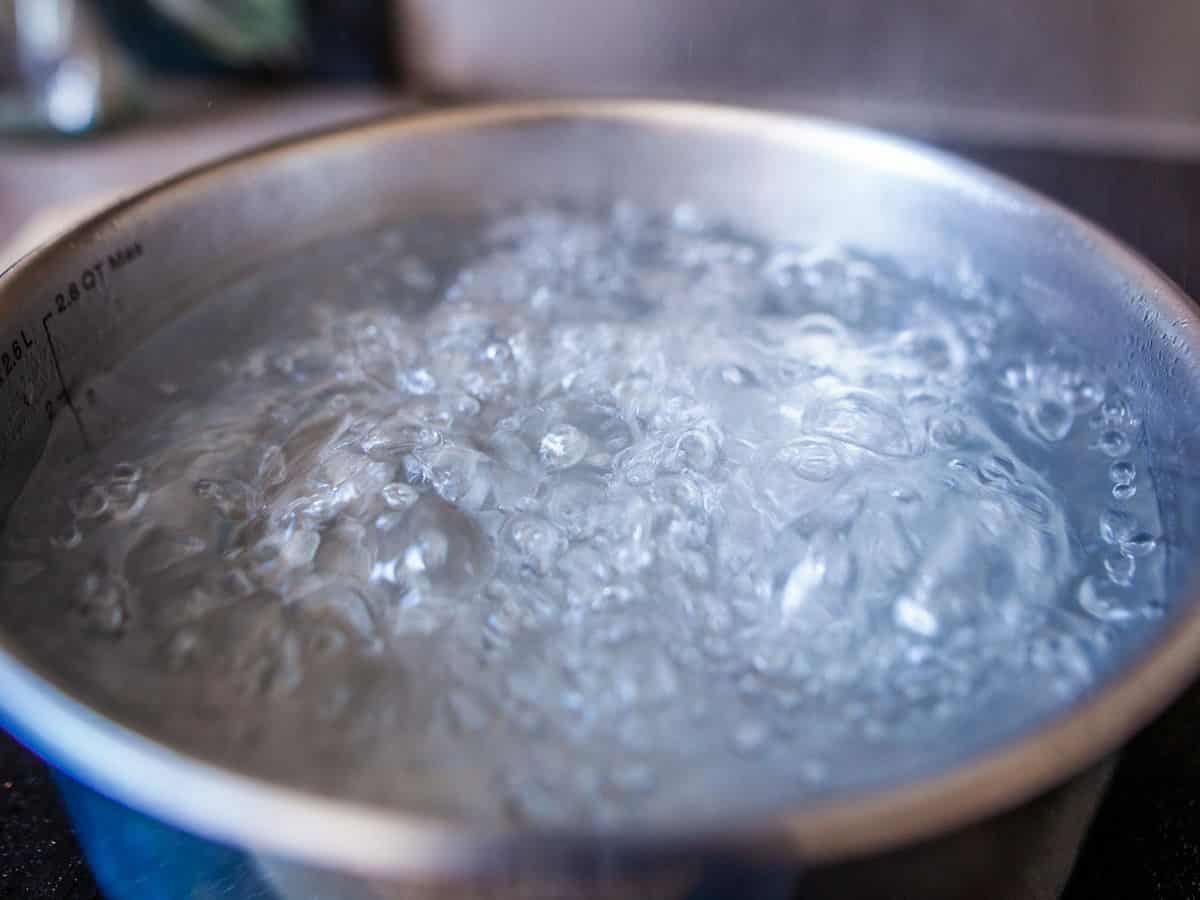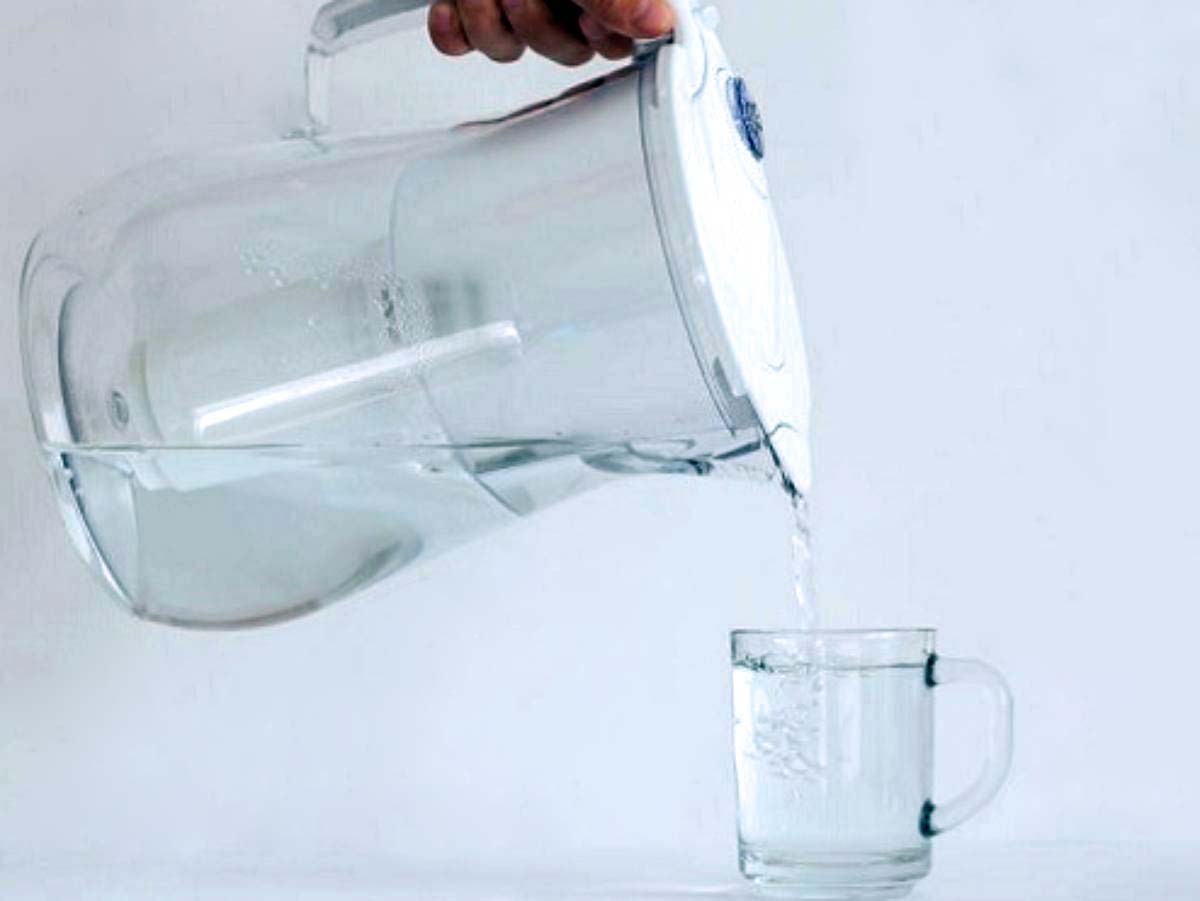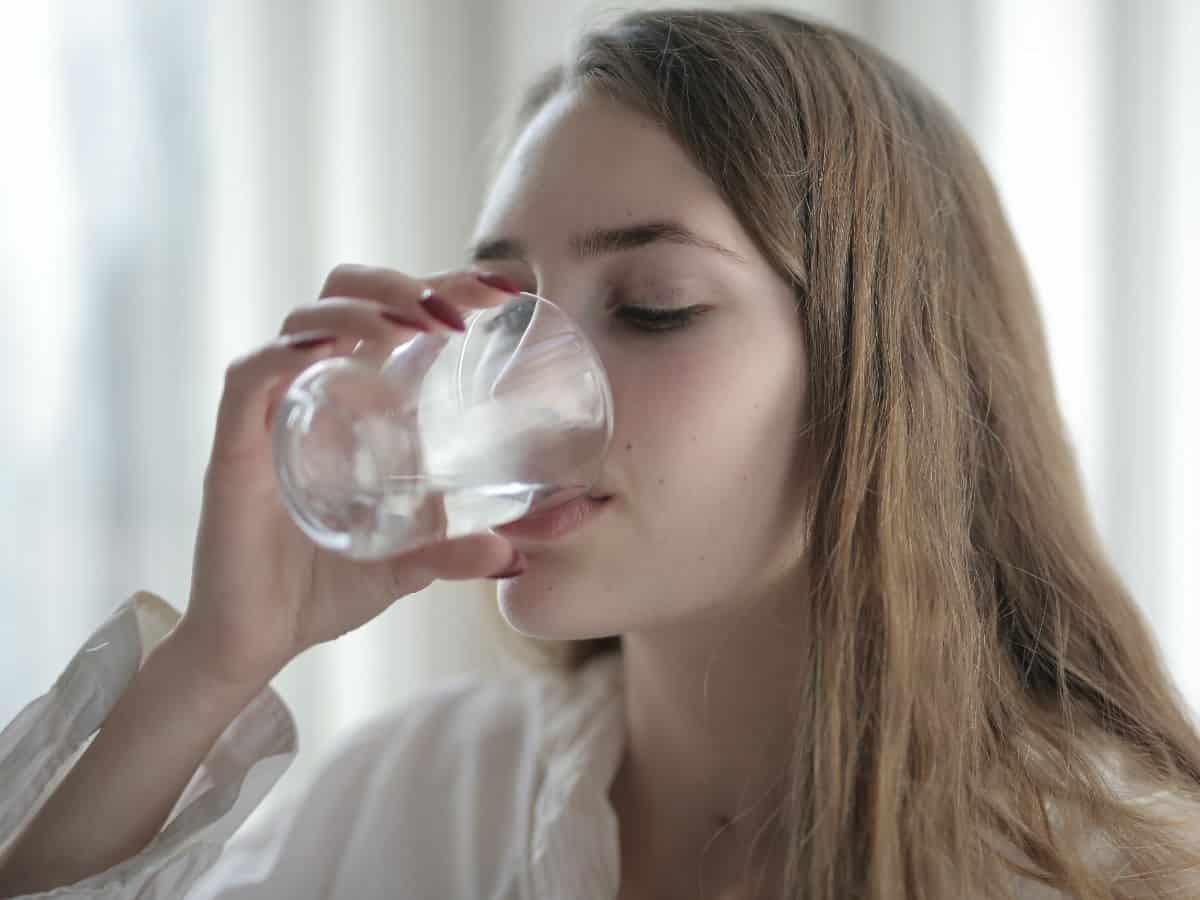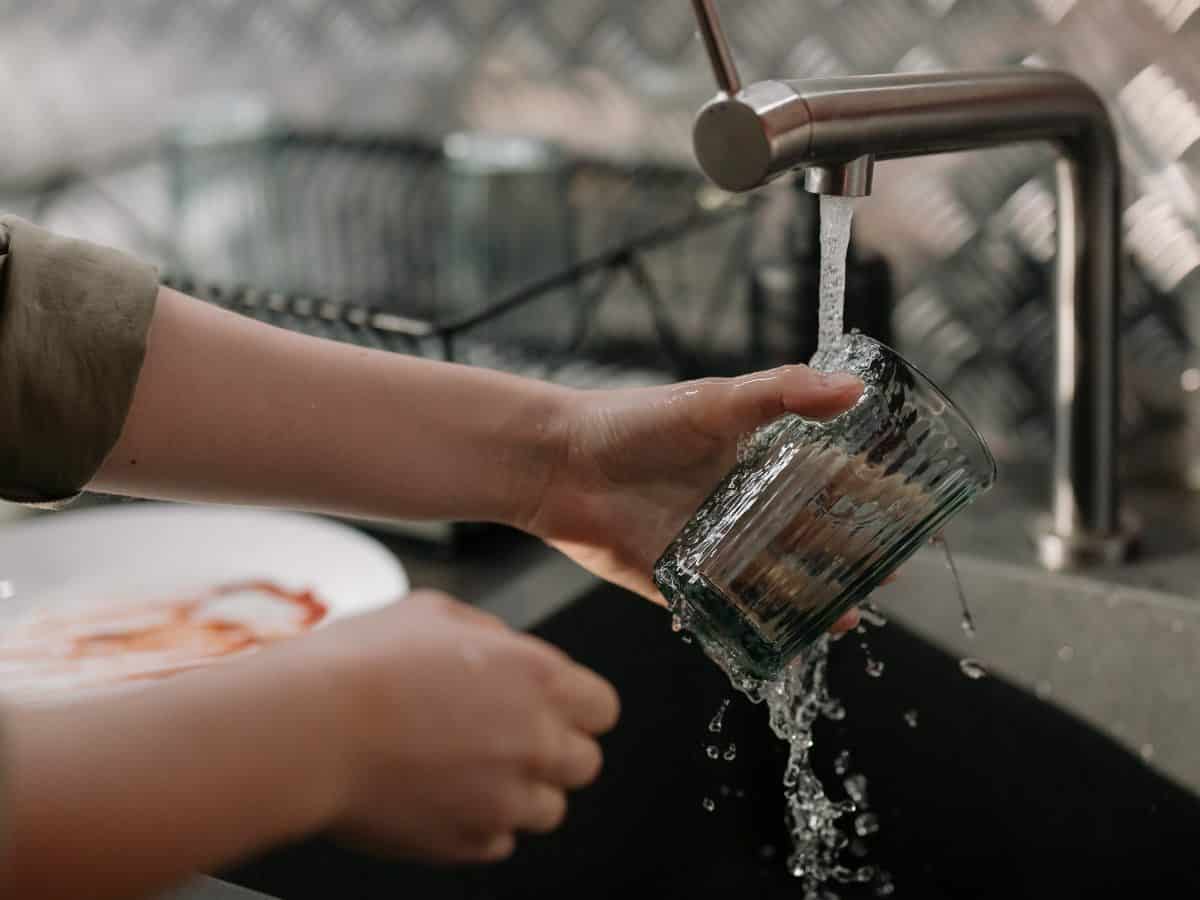When you’re looking for clean water, you’ve probably heard one of two things. The first being, “You should boil it!” The second being, “You should buy a water filter.” So, in the argument of boiled water vs filtered water, which is better for you? While there are benefits and drawbacks to both, filtered water is healthier. Here are a few reasons why you should put the boiling pot away, and invest in a water filter.
Boiled Water
How to Effectively Boil the Water
If you’re someone who boils their water, it’s important to know how to effectively boil it so you’re getting the benefits that you are looking for. Here’s a quick guide for boiling water to make sure that you’re doing it correctly.
If your tap water is cloudy
- Run water through a clean cloth to help remove contaminants. You can also use a paper towel or a coffee filter. If you don’t have any, just allow the water to settle.
- Put the water in a pot or pan.
- Bring the water to a rolling boil (bubbles rising to surface) for at least one minute. If you live in an area with an elevation above 6,500 feet, boil for three minutes.
- Let the boiled water cool to whatever temperature you would like.
- Store excess water in sanitized containers with a tight seal.
If your tap water is clear
- Bring the water to a rolling boil (bubbles rising to surface) for at least one minute. If you live in an area with an elevation above 6,500 feet, boil for three minutes.
- Let the boiled water cool to whatever temperature you would like.
- Store excess water in sanitized containers with a tight seal.
Benefits to Boiled Water
Boiling your water definitely has its own set of perks. For one, boiling water will purify it. Boiled water will also kill bacteria, pollutants and microorganisms, but only if the water reaches 100° Celsius/212° Fahrenheit. Drinking warm water is also linked to benefitting metabolism and digestion. Boiling water is also a cost-effective option. If you aren’t able to budget for a water filtration system, boiling water is a great, affordable option. All you need is water, a boiling pot and a stove top.
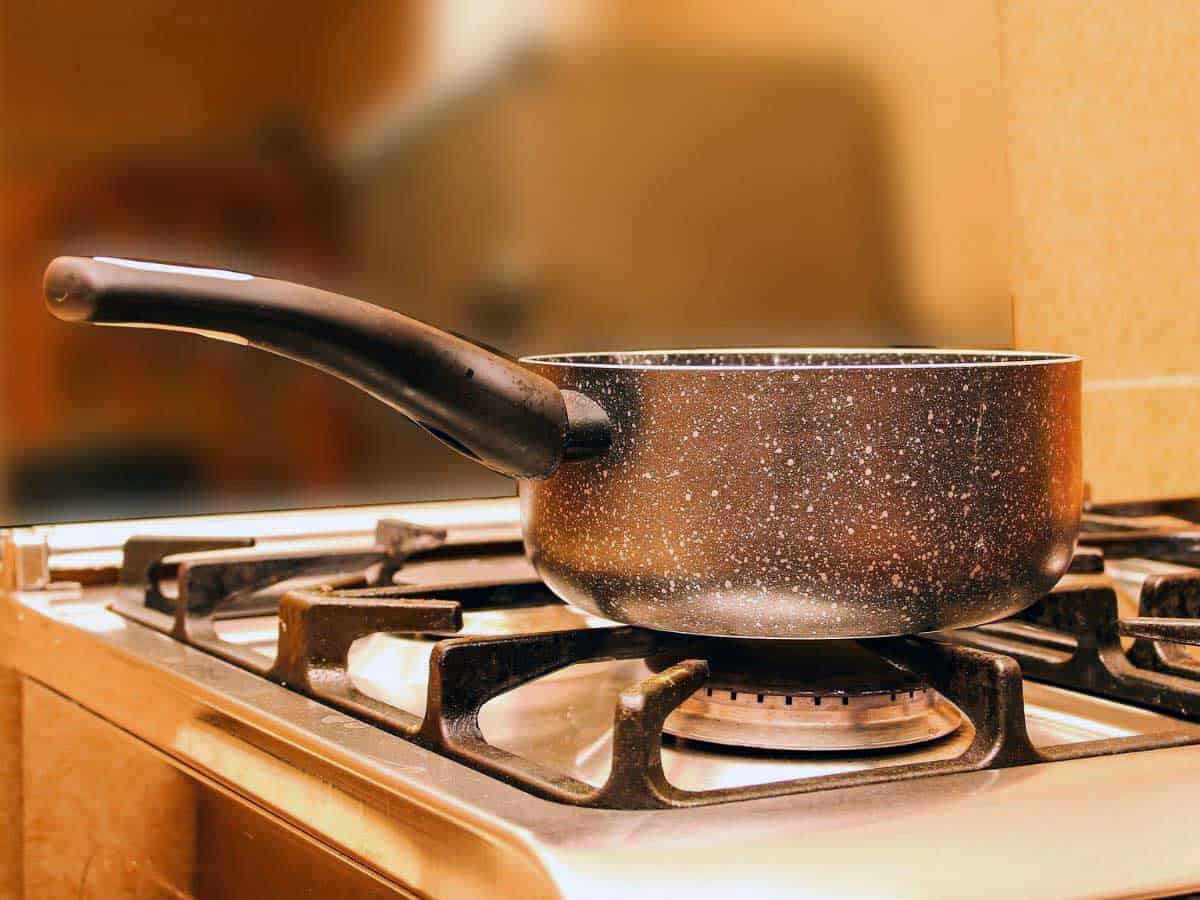
Disadvantages to Boiled Water
However, there are some disadvantages to the boiled water. While it does remove bacteria, pollutants and microorganisms, boiling the water for too long will remove vitamins and nutrients. This is commonly referred to as “dead water” as there are no elements to it, and you’re not reaping any benefits. Second, in order to kill the bacteria, you need to boil the water for at least fifteen minutes. This makes boiling water time consuming, and can also lead to higher electricity bills if you are constantly having to boil the water for your everyday needs.
Another disadvantage of boiling water is that it does not remove hard metals or limescale. Having higher levels of metals in your water is not healthy for your body. Long term exposure to metal in your water can cause disruptions to the nervous system, which controls your brain, spine, nerves and the five senses. Last, the water used for showers, laundry and dishes will not be purified, because the water is not boiling.
For more information about boiled water, Virginia’s Department of Health has a great FAQ page for any additional questions.
Filtered Water
Types of Filters
There are different types of filters that you can use in your home. The main three that are used are:
- Activated Carbon filters
- Reverse Osmosis
- Ion Exchange
Each of these filters will eliminate different types of contaminants.
Benefits to Filtered Water
Using a water filter is going to be a more reliable and powerful way to clean your water. Reverse osmosis filters will remove the same harmful contaminants as boiling water does, but it will also remove the hard metals.
Filtered water essentially does everything that boiled water does, and more. Your water for your showers, laundry and dishes will all be safe and clean for you to use. It will still take out the same contaminants like chlorine, bacteria, and microorganisms out, and leave you with fresh water that can already be cold, and not have to wait for it to cool down. This is an easier system for you to use on a day-to-day basis because it doesn’t require additional work after you turn your faucet on.
Disadvantages to Filtered Water
There are only three real disadvantages to filtered water. The first disadvantage is cost. Putting in a water filter can be costly, but it’s an investment to make for your home to help you in the long run. Another disadvantage to filtered water is that not all the filters will remove the same amount of contaminants. For instance, an activated carbon filter will not remove the same as reverse osmosis can. The last disadvantage is just making sure that you keep up on filter replacements. Without replacing the filter, your water may not be clean.
Analyzing the Details, Boiled Water Vs. Filtered Water
When you break down the differences of boiled water vs. filtered water, the end result is that filtered water is cleaner. While either method can be effective, for long term health you should consider a water filter. If you want to learn more about what a water filter can do for your home, contact us today. Our team of experts is here to help you make the best decision for your home, and assist you through every step.
Whatever your needs are, we’re ONIT. Visit us online or call us at 1-833-433-0331.



